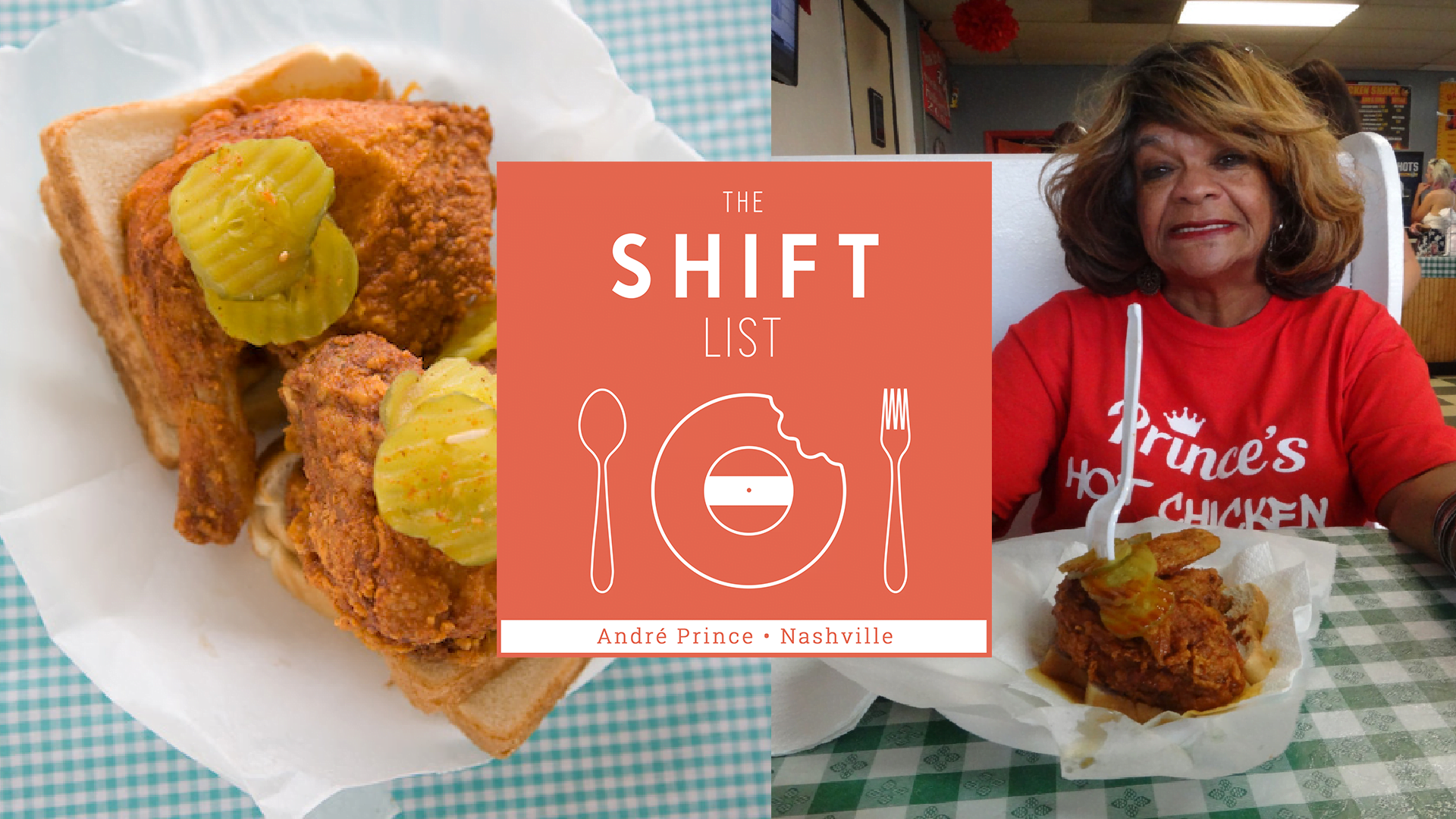
The first Southern state capital to be taken, its early capitulation meant that the city became a key Union base. Others were permanent settlements where residents plotted streets, built wood cabins and organized churches.įederal troops captured Nashville in February 1862. Some of these were migrant communities following the soldiers as they campaigned. The places where the freed people lived became known as contraband camps. They left their homes and moved to the edges of Union camps. Many enslaved African-Americans used the war to claim their freedom. Most of them could not choose where they lived. But there were over 3,200 enslaved people of color in the city. Their houses were clustered in small enclaves, mostly on the northern side of the city.
Princes hot chicken free#
That is when Nashville became a segregated city, a place where there were white neighborhoods and black neighborhoods and very little shared public space.īefore the war, about 700 free blacks lived in Nashville. But in this case, that’s where my story starts. I hate it when people date everything Southern back to the Civil War. I started to suspect the story of hot chicken could tell me something powerful about race relations in Nashville, especially as the city tries to figure out what it will be in the future. For almost 70 years, hot chicken was made and sold primarily in Nashville’s black neighborhoods. Sure enough, as I started investigating, I discovered Denise was right. One of them added some black pepper, but none of them made it spicy. I walked away with several new ways to fry a chicken. I sat in their second-floor reading room, surrounded by stacks of cookbooks, just to see if I could find a recipe to prove that in Nashville we didn’t choose our chicken style based on race. I went to the Downtown Public Library to do a very unscientific survey of what they had on hand. “Hot chicken’s what we ate in the neighborhood.” “Of course you didn’t eat hot chicken,” she said, shaking her head at me. Was this the answer? Was hot chicken a part of the city’s history that had been invisible to me as a white woman? I asked Denise, an older African-American woman in my church who was raised in the city. Sometimes they’d prank him by spiking his cafeteria lunch. But he taught school in the 1970s, and he remembered that some of the black teachers carried their own bottles of hot sauce. “Have we been eating our chicken wrong all these years?” Then last summer, my friend Julie moved home.
Princes hot chicken full#
The web was full of photographs of fried chicken slathered with a hot sauce that somehow kept it crispy, served on a bed of white bread and topped by a pickle. And everyone was eating hot chicken, a food I didn’t know.Įmbarrassed that I didn’t know this food everyone else loved, I turned to Google. They asked me to meet them for drinks or haute Southern cuisine in places I remembered as industrial wastelands. My friends have moved to the neighborhoods we grew up avoiding. Fields are being replaced by paved shopping paradises identical to those spreading across the nation.

Historic neighborhoods are being razed and renewed.


The city is growing almost faster than developers can manage. I came back eight years later to a new Nashville that eats new food. The James Beard Foundation recently gave Prince’s Chicken Shack an American Classic Award for inventing the dish.īut although I’m a second-generation Middle Tennessean, the daughter of a Nashville native, I had never eaten hot chicken - or even heard of it - before I moved away for graduate school in 2005. More than 12,000 people showed up for the 2014 Fourth of July Music City Hot Chicken Festival. Restaurants in New York, Detroit, Cambridge and even Australia advertise that they fry their chicken Nashville-style. It’s on the list of "must-try" Southern foods in countless publications and websites.


 0 kommentar(er)
0 kommentar(er)
